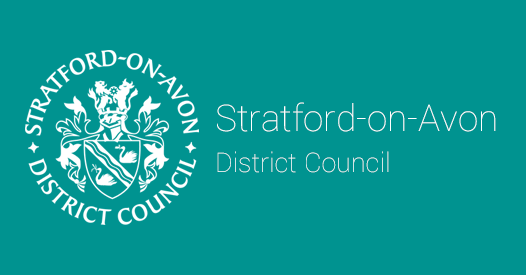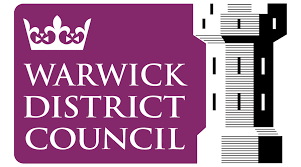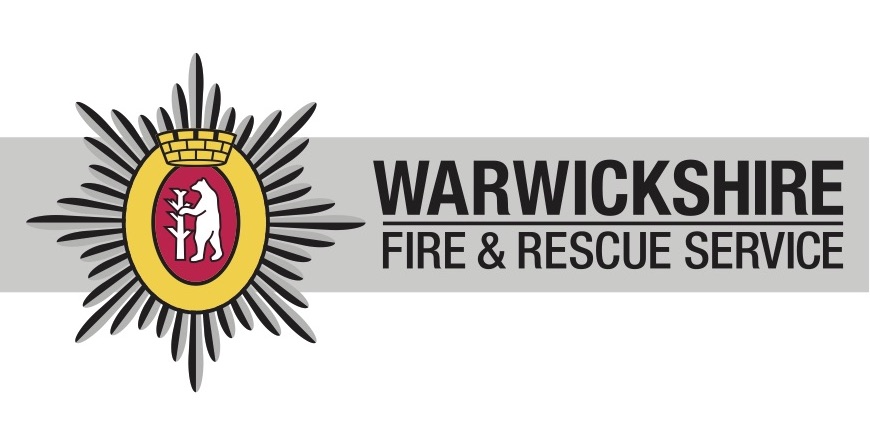Heatwave and Drought
What is the risk of a heatwave to Warwickshire?
A heatwave is when the daily maximum temperature exceeds 28 °C and the minimum temperature is higher than 15 °C for two weeks OR the daily maximum temperature exceeds 32 °C for five consecutive days.
There is a drought when there are periodic water interruptions for up to ten months.
In July 2022 the highest-ever temperature was recorded in the UK, at 40.3 °C. Wellesbourne in Warwickshire reached 39.0 °C on 19 July 2022.
How could a heatwave
affect you and your property?
Extreme hot weather could affect you in the following ways:
- Risk to life
- Health impacts on the elderly and vulnerable with extreme temperatures
- Disruption to utilities (such as water supplies)
- Damage to property, businesses, and agricultural land due to wildfires
- Risk to life of livestock
- Risk of water safety incidents with people visiting rivers/ lakes coastal areas to cool off
- Changes in working practices and daily routines to adapt to the conditions
We can all be better prepared to
respond and recover from a heatwave
Check that you have all the necessary equipment
Stock up on sunscreen, insect repellent and any hay fever medicine you need. Before going out, you should also think about including a water bottle, sunscreen and a sun hat.
Check the pollen levels before heading out
Download the Met Office app so you can not only keep an eye on the forecast to understand the likelihood of any impactful weather in your area, but also stay up-to-date with the latest UV and pollen forecasts before heading outside.
Plan around the forecast
If you like spending time in your garden, plan to avoid the hottest part of the day (11am –3pm) and make sure that you have sunscreen, water and a wide brimmed hat.
Check your vehicle is ready for summer
If you're planning summer outings using your car, top up your screen wash and check your tyres, coolant and oil levels.
Save water
Try to reduce and reuse water where possible both at home and at work.
Install water saving devices in taps, shower heads and toilet cisterns.
Apply for Priority Services
You can apply for priority service if you are elderly, vulnerable or need that extra bit of support. Check the eligibility criteria.
Barbecues
If you are thinking of having a barbeque, ensure you have a bucket of water or hose pipe nearby. Sparks from the barbecue may fall or be blown onto wooden sheds, fences or dry grass and may cause a fire extremely quickly. Having water nearby to throw on the sparks will help reduce the likelihood of a fire.
How to prepare
your business
To respond to extreme weather
- Keep an eye on the Met Office weather forecast and any weather alerts that might be issued.
- Plan any journeys or activities with the weather in mind and take emergency supplies in your vehicle.
- Look out for those who may struggle to keep themselves cool and hydrated. Older people, those with underlying conditions and those who live alone are particularly at risk.
- Stay cool indoors: Close curtains on rooms that face the sun to keep indoor spaces cooler and remember it may be cooler outdoors than indoors.
- Drink plenty of fluids and avoid excess alcohol.
- Never leave anyone in a closed, parked vehicle, especially infants, young children or animals.
- Try to keep out of the sun between 11am to 3pm, when the UV rays are strongest.
- Walk in the shade, apply sunscreen and wear a wide-brimmed hat, if you have to go out in the heat.
- Avoid physical exertion and exercise in the hottest parts of the day.
- Make sure you take water with you if you are travelling.
- During warm weather going for a swim can provide much welcomed relief. If you are going into open water to cool down, take care and follow local safety advice.
- Avoid swimming in quarries as there maybe hidden dangers under the water surface that you cannot see.
- Heat can increase air pollution. Make sure that you have adequate supplies of inhalers or other medication that you may need.Avoid sunburn. Wear loose clothing and use sun cream with a high sun protection factor on exposed skin. Try to cover up to avoid sunburn.
- Check in on friends, neighbours and relatives who may be less able to look after themselves.
- Met Office advice for heatwave: 10 things you should do now to prepare for summer
- Met Office - Seasonal Advice and Warnings
Find your emergency contacts for a heatwave
Recovering from heatwave if there is damage to your property
- Contact your insurance company if your home or belongings are damaged: they should help you find local contractors to complete repairs and help you replace items that are covered by your insurance plan.
- If you rent your property, speak to your landlord to make sure they’re aware of any damage to the property that they need to repair.
What is being done to become
better prepared?
- The Met Office will issue forecasts and relevant advice when appropriate.
- We will prepare local heatwave and drought plans to make sure that the transport network and other services are able to respond.
- The healthcare system will create extra capacity in health services to deal with extra patients if necessary.
- Water companies will have plans in place to deal with a drought and will issue public communications.
- If you see fish in lakes, rivers or canals struggling to breathe, contact the Environment Agency.
- If you see an environmental incident (which includes fish in distress) go to:
- www.gov.uk/report-an-environmental-incident or phone the Environment Agency 24-hour Incident reporting hotline 0800 807060
Who is responsible for managing
a heatwave in the county?
NHS 111 (Health impacts)
Met Office - Weather and climate change
Further resources
Are you signed up to receive flood warnings? If not call Floodline on 0345 988 1188 to see if your area receives warnings.
Fire Risk Assessment Templates
In order to comply with the Regulatory Reform (Fire Safety) Order 2005, you must complete a Fire Risk Assessment of your stall or unit.
Some of our partners














